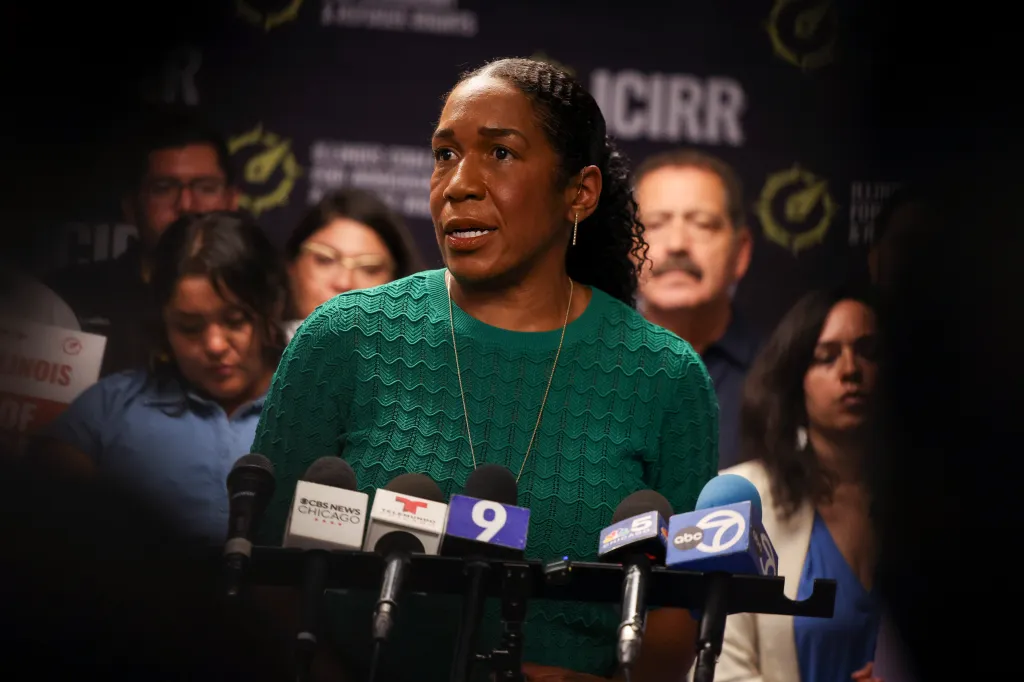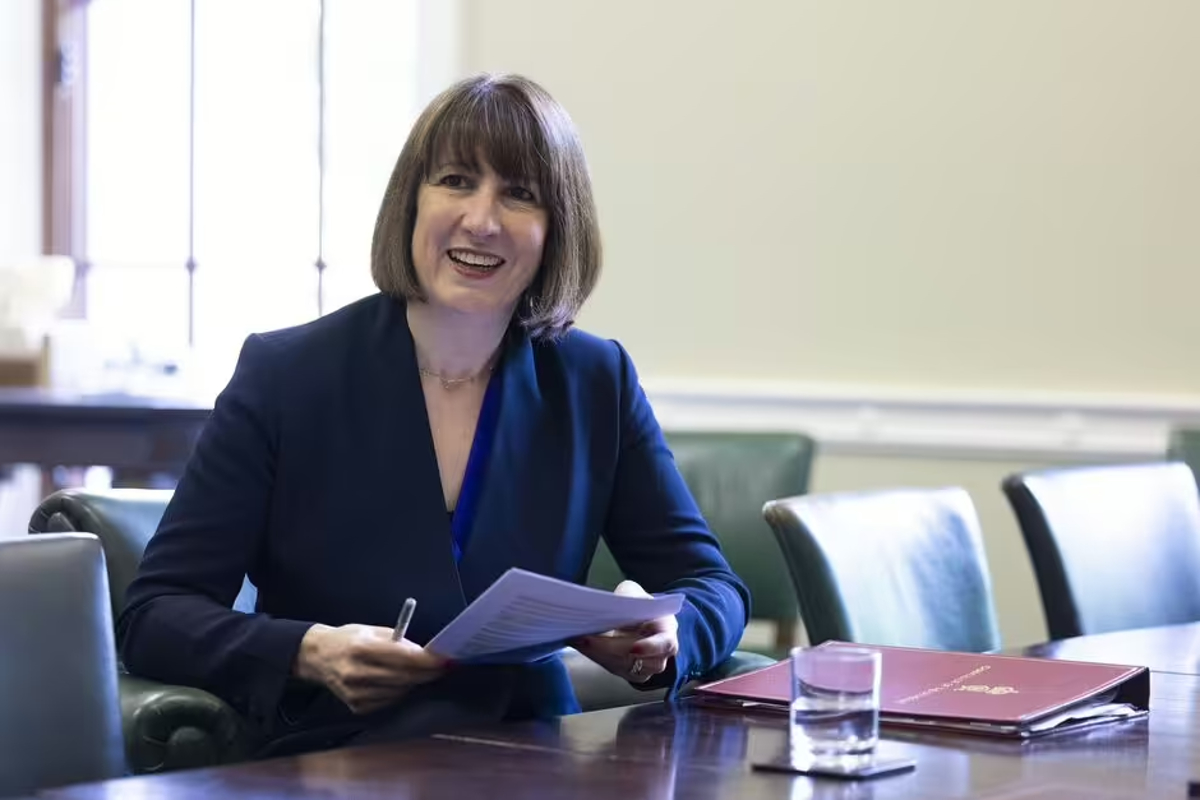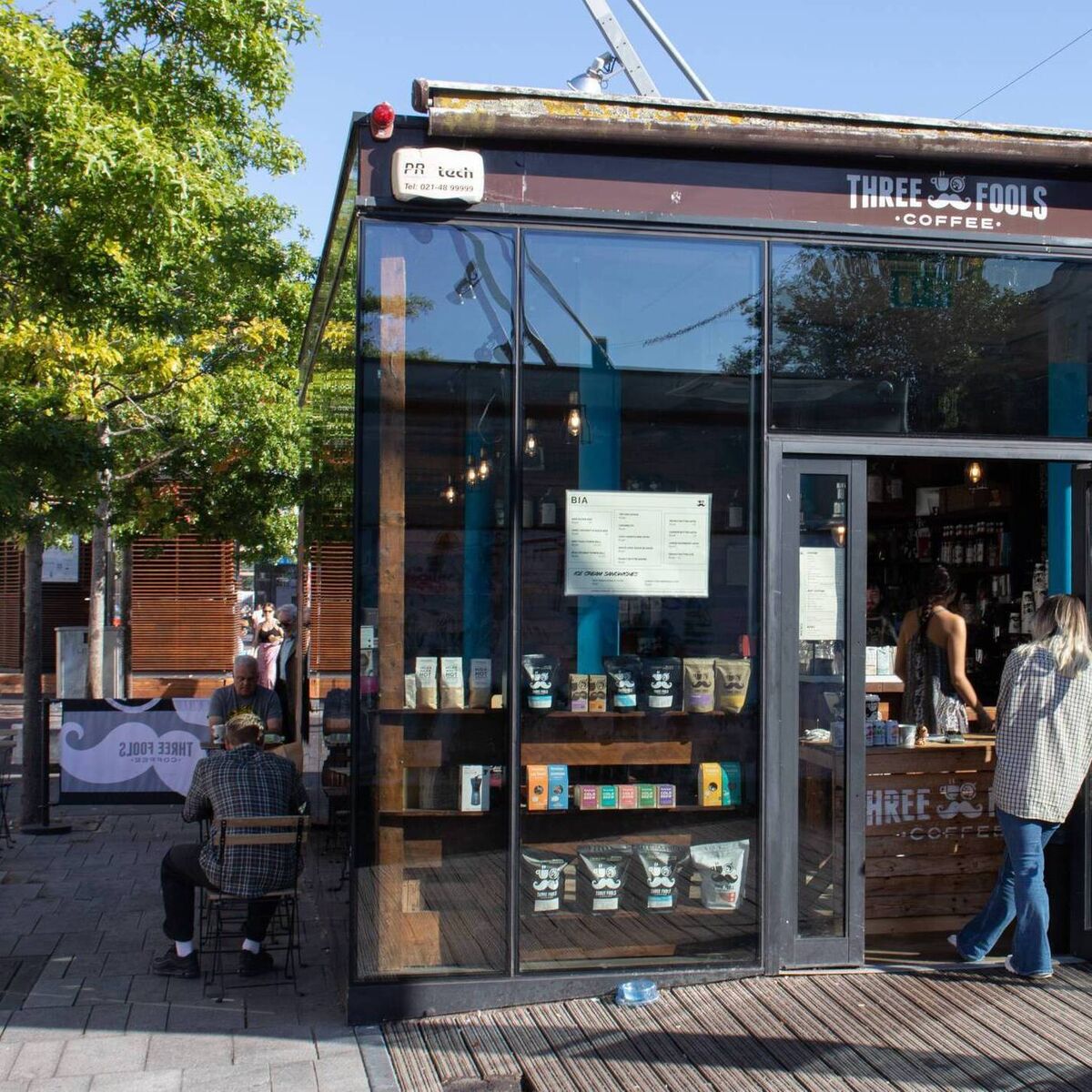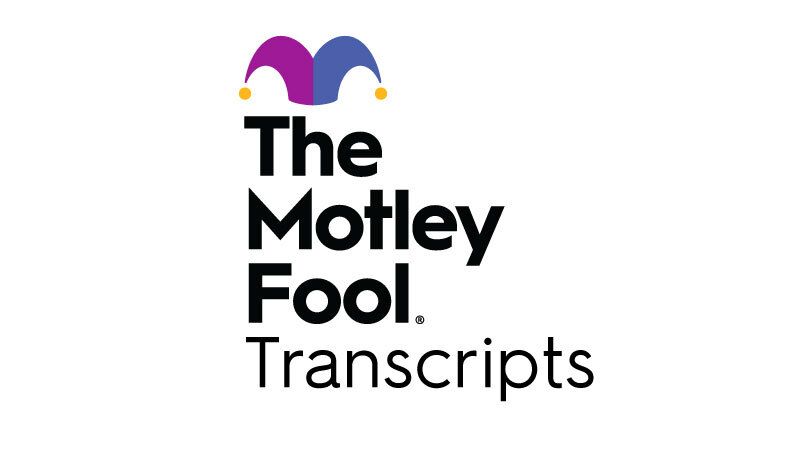Copyright Chicago Tribune

A group that aims to curb corporate influence in Washington by increasing transparency in campaign fundraising and enacting stricter federal campaign finance laws has endorsed Lt. Gov. Juliana Stratton in Illinois’ March Democratic primary for U.S. Senate, citing her pledge not to accept contributions from corporate political action committees. End Citizens United, a decade-old group taking its name from the 2010 U.S. Supreme Court ruling that opened the floodgates to unlimited campaign spending from corporations, labor unions and other outside groups, announced its support for Stratton on Thursday in her bid to replace retiring U.S. Sen. Dick Durbin. Running with the backing of Gov. JB Pritzker, a billionaire Hyatt Hotels heir and her two-time running mate, Stratton vowed in July that her campaign would not accept money from corporate PACs, the conduit through which corporate interests can contribute directly to candidates’ political funds. “She is the only candidate in this race who has chosen to take that commitment and who has chosen to go this extra mile so that the people of Illinois know that she’s working only for them and not just for special interests,” Tiffany Muller, president of End Citizens United, said in an interview. Stratton also has signed on to the group’s “Unrig Washington” program, which, in addition to pledging against accepting corporate PAC money, includes promising to support federal legislation that would prohibit members of Congress from trading individual stocks, increase transparency on contributions to so-called dark money groups that aren’t required to disclose their donors, and empower the Federal Election Commission to better enforce campaign finance laws. Stratton said in a statement Thursday that she was “proud to have earned the endorsement of End Citizens United.” “I’m running to put the needs of Illinois’ working families first, not corporate special interests,” Stratton said. “Together, we can pass meaningful campaign finance reform and protect our democracy.” While 14 Democratic candidates submitted nominating petitions for a spot on the March 17 primary ballot during the filing period that ended Monday, only Stratton, of Chicago, and U.S. Reps. Raja Krishnamoorthi of Schaumburg and Robin Kelly of Lynwood have reported raising significant campaign sums, a key test of viability and organizational strength. Krishnamoorthi, by far, has been the most prodigious fundraiser, entering the final quarter of 2025 with $18.1 million in his Senate campaign account, almost half of which he transferred from his congressional campaign fund, built over several years. Stratton raised about $1 million during the quarter that ended Sept. 30, more than three times what Kelly raised, but had just under $920,00 cash on hand at the start of October, compared with Kelly’s $1.98 million balance. Trailing in the money race, Stratton has challenged her opponents to also refuse corporate PAC contributions, which neither Krishnamoorthi nor Kelly has done. Krishnamoorthi’s third-quarter fundraising haul included contributions from PACs for C.H. Robinson Worldwide, Verizon Communications and Honeywell International, among others, while Kelly’s PAC contributions included money from Exelon Corp., VillageMD and Waste Management, according to federal campaign finance records. However, Level Up, a federal political action committee Stratton launched in January before embarking on the Senate campaign, received $5,000 in contributions from PACs representing the banking and hotel industries. They included a $2,500 contribution from Hotel PAC, which arrived about two weeks before Stratton became the first candidate to enter the Senate race, and a $2,500 contribution from Illinois Bankers PAC, which donated about a month after she declared her candidacy. Level Up — whose treasurer is former Pritzker Deputy Gov. Sol Flores — is registered with the FEC as a hybrid committee, meaning it has an account that can make direct contributions to candidates but is subject to contribution limits, as well as a separate account that can take in unlimited contributions but is prohibited from coordinating with candidates. Stratton campaign spokeswoman Allison Janowski said the lieutenant governor “separated from Level Up PAC when she launched her campaign,” which pledged not to take corporate PAC money and has “upheld that promise.” In June, Stratton’s campaign returned a $5,000 contribution it received from a PAC affiliated with Marquis Energy. And while Stratton’s campaign has received individual contributions from corporate executives and lobbyists, “those individuals can give for a whole host of reasons in races like this,” said Muller, of End Citizens United. “Maybe they are … constituents. Maybe there is a previous relationship. But corporate PACs have both an outsize influence in the policymaking in Washington, and they give for one reason and one reason only, and that is to help the business’s bottom line.” A spokesperson for Level Up wrote in an email that the committee “does not coordinate with the Juliana for Illinois campaign.” “Juliana Stratton recused herself from Level Up when she decided to run for Senate, and all fundraising solicitations have ceased since her candidacy was declared,” the spokesperson wrote. Muller said the PAC contributions to Level Up do not “undermine her saying she’s not taking corporate PAC money because she doesn’t have control over what that PAC’s taking.” Those contributors also aren’t “gaining that direct access and influence,” Muller said. “She doesn’t have control over whether or not an outside group is operating under current standards today,” Muller said. “What she will have control over is what she chooses to support as the next U.S. senator from Illinois.”



